Skip to main content

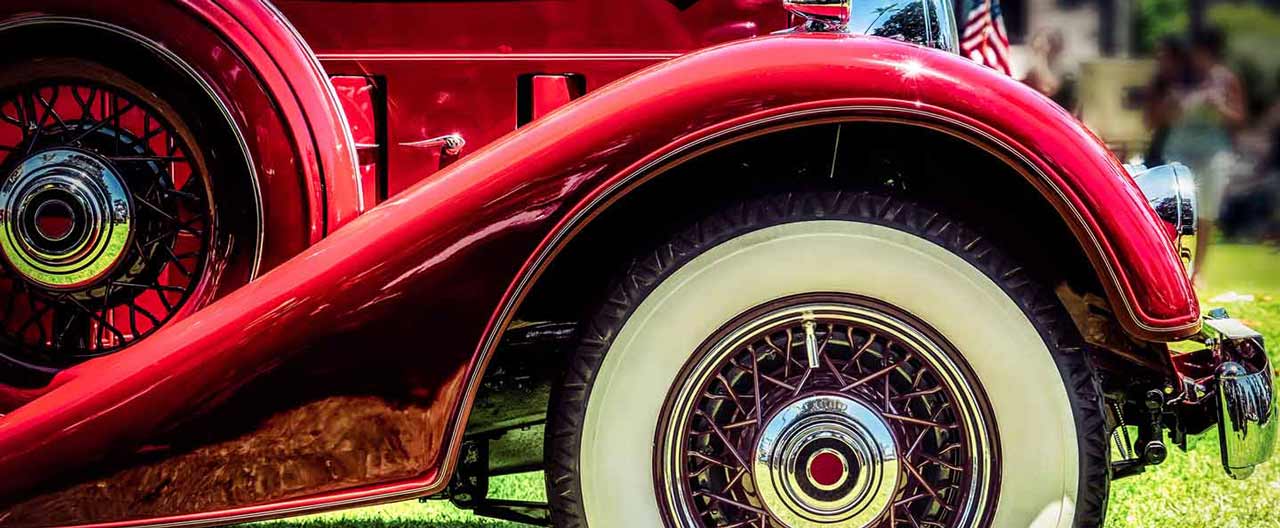




- Individuals & Families
- Businesses
- Brokers
Back
Individuals & Families
Quick Links
Back
Home

Top 10 cleaning tasks for your home
With winter on its way out, you may be ready for some spring cleaning.

8 ways to protect your classic car investment
Make sure you protect your classic cars from damage or additional wear and tear.

4 questions to determine where to keep your valuables
Keep your important papers and small valuables away from burglars, fire or natural disaster.
Back
Watercraft

Watercraft Insurance
For over a hundred years, we’ve offered unparalleled stability and protection for small boats, yachts, luxury mega-yachts, and more.
Back
Natural Disasters

What to do when a wildfire approaches
Here are some things you can do to assist firefighters and minimize the damage to your home.
Quick Links
Quick Links
Back
Products

7 steps to limiting professional liability claims
At their worst, disputes between professional service firms and their clients can lead to costly lawsuits.
Quick Links
Wildfire
Stay a step ahead and protect your home from wildfires. Whether your home is located in a woodland setting, rural area, or remote mountain site, you may be familiar with the threat of a wildfire. While they often begin quietly, they can spread quickly, igniting brush, trees, and homes in their path.

What to do before a wildfire
To limit damage to your home, follow these steps if your area may be susceptible to wildfires:
- Install fire-resistant window treatments, smoke detectors, and fire extinguishers throughout your home.
- Store a ladder, shovel, rake, axe, water bucket, and garden hose that is long enough to reach your house and structures.
- Keep leaves, needles, hanging branches, dead trees, firewood, flammable plants and other debris away from your home and structures.
- Keep tree crowns 5 metres apart, trim tree limbs to 5 metres off the round and separate shrubs by a distance of at least twice their height.
- Maintain at least 30 metres of adequately watered space on level ground and 60 metres on sloped terrain around your home. Keep grass cut short.
- Clear a 3-metre area around propane tanks or barbeque areas.
What to do during a wildfire
Your main concern will be to keep yourself and your family safe. Therefore, if conditions become too dangerous, leave your home immediately and go to a safe area. Your Chubb Homeowners policy will respond to any covered loss in these cases. If you have time to act, below are a few tips to help mitigate damage:
- Turn on a light in each room to increase the visibility of your home in heavy smoke.
- Remove lightweight or non-fire-resistant window treatments and materials around windows.
- Close windows, vents, and doors.
- Seal off exterior windows, glass doors, attic and ground vents with precut plywood or commercial seals.
- Open the fireplace damper and close fireplace screens.
- Shut off propane and natural gas and turn off pilot lights.
- Connect garden hoses to outside taps, place lawn sprinklers on the roof or near above-ground fuel tanks and wet the roof and shrubs within 5 metres of your home.
What to do after a wildfire
Once the fire is completely out and authorities say it is safe to return to your home, consider these tips to stay safe:
- Call a professional electrician to check your household wiring before the current is turned back on.
- Wear sturdy shoes and long pants and be on the lookout for signs of heat, smoke, or sparks throughout your home, including the attic or crawl space, for several hours.
- Discard food, beverages or medicine that has been exposed to heat, smoke or soot.
- Avoid damaged or fallen trees, power poles or lines and downed wires.
- Watch for ash pits, which are holes full of hot ash, created by burned trees or stumps.
Related Resources
Related Products
Valuables
With our broad coverage and unparalleled service, you can trust Chubb to help protect your valuables.
Insights and expertise
We help you stay ahead — and informed with these helpful tips and tricks

Wildfire preparedness: Enhancing home resiliency and defense
Learn key steps to help protect your home from wildfire damage.
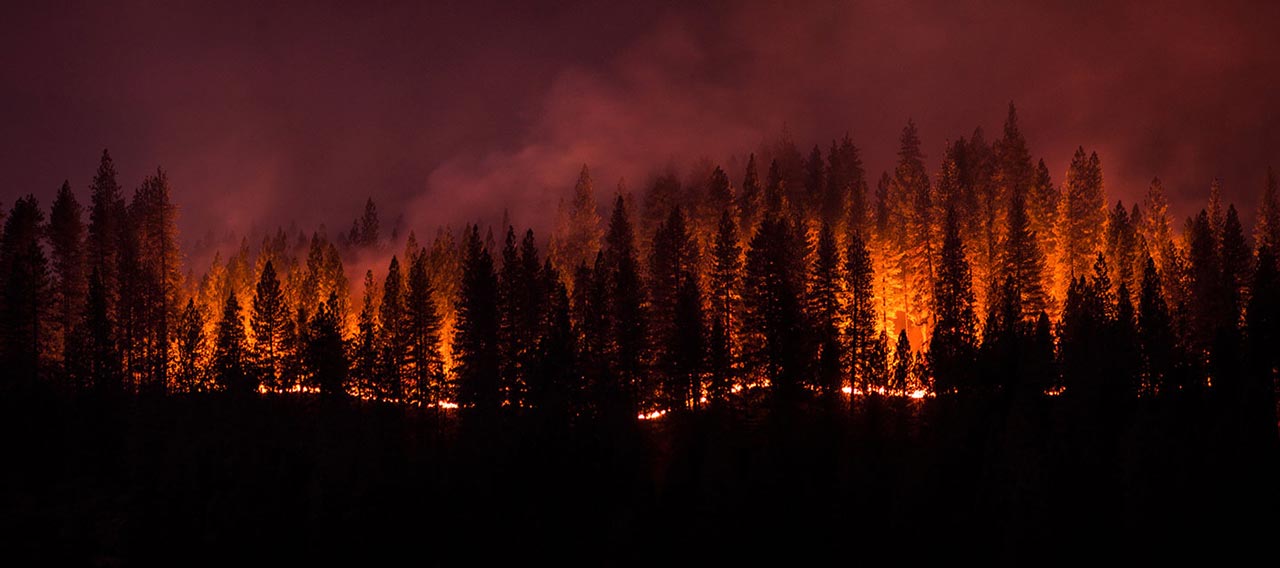
What to do when a wildfire approaches
If you have time to take action and the fires are far enough away that they are not threatening your safety, here are some things you can do to assist firefighters and minimize the damage to your home.
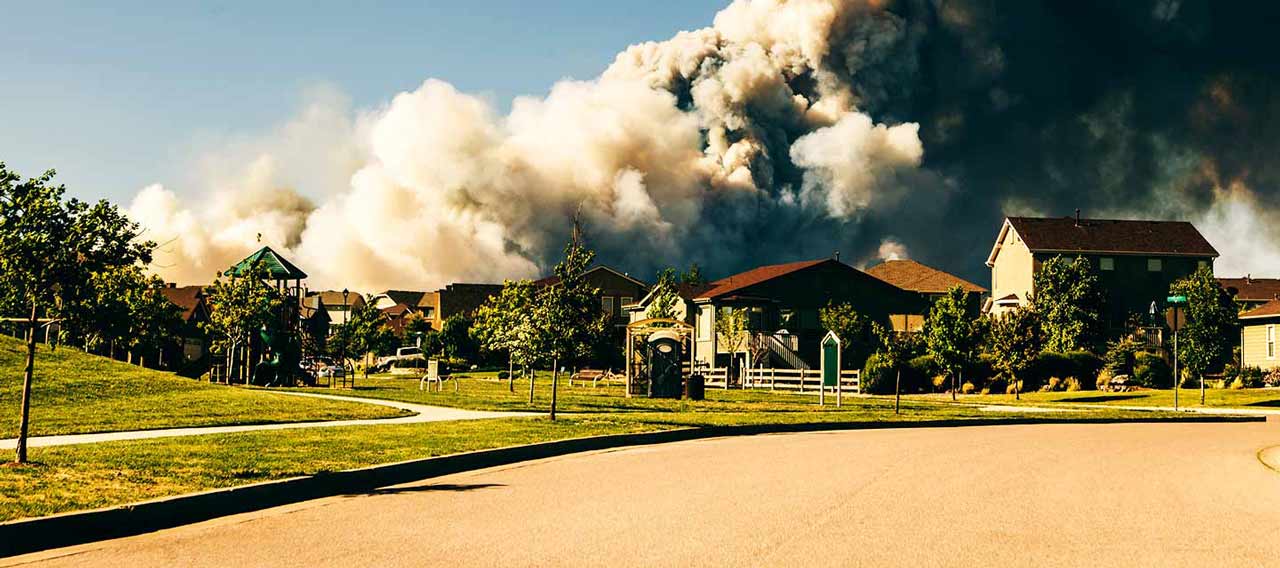
Post-wildfire home inspection guide
The smoke is beginning to clear, and authorities have told you that it’s safe for you to return home. But, before you dig in and start cleaning up, here are a few of the dangers that could still be lurking around and what you can do to protect yourself and those you love.
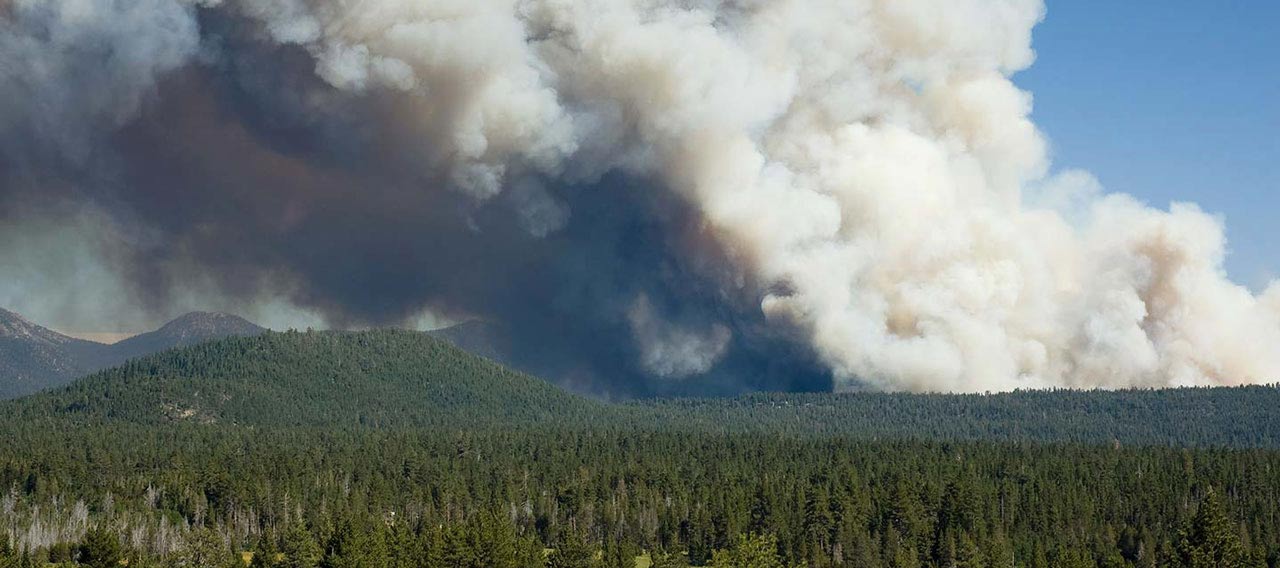
How to prepare for a wildfire
With a record number of wildfires, acres burned, and homes destroyed in recent years, we’ve put together some proactive steps you can take to keep your family and home safe.
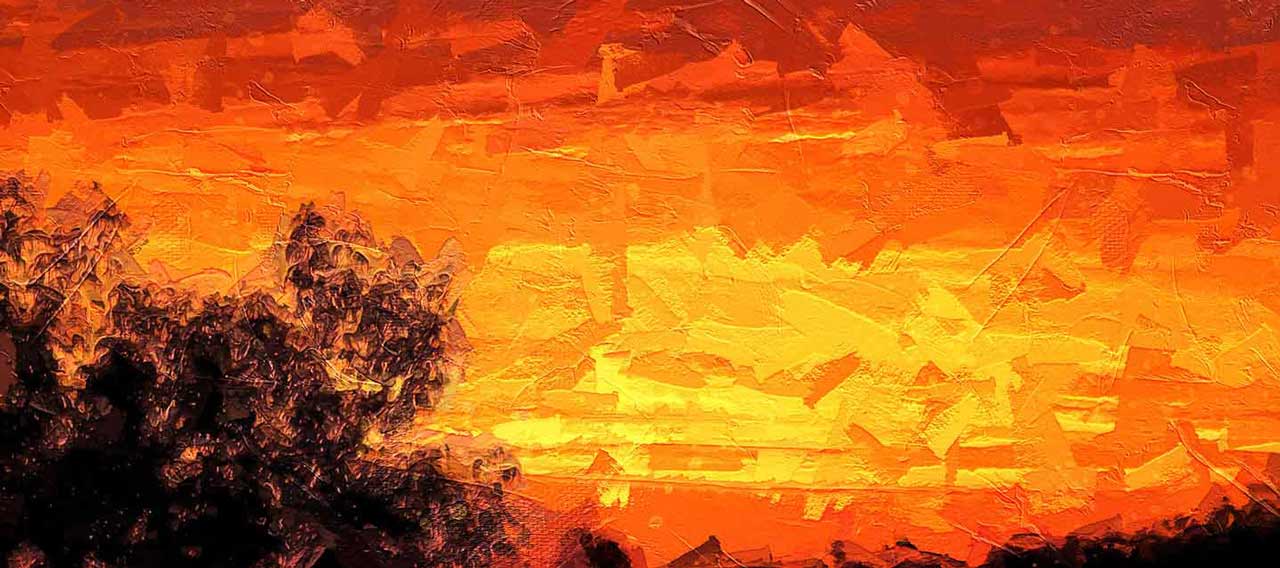
Protecting your art and other valuables from wildfire damage
With wildfire seasons getting longer every year, you’ll want to take steps to protect your home, art and other collectibles.
This information is descriptive only. All products may not be available in all jurisdictions. Coverage is subject to the language of the policies as issued.
